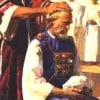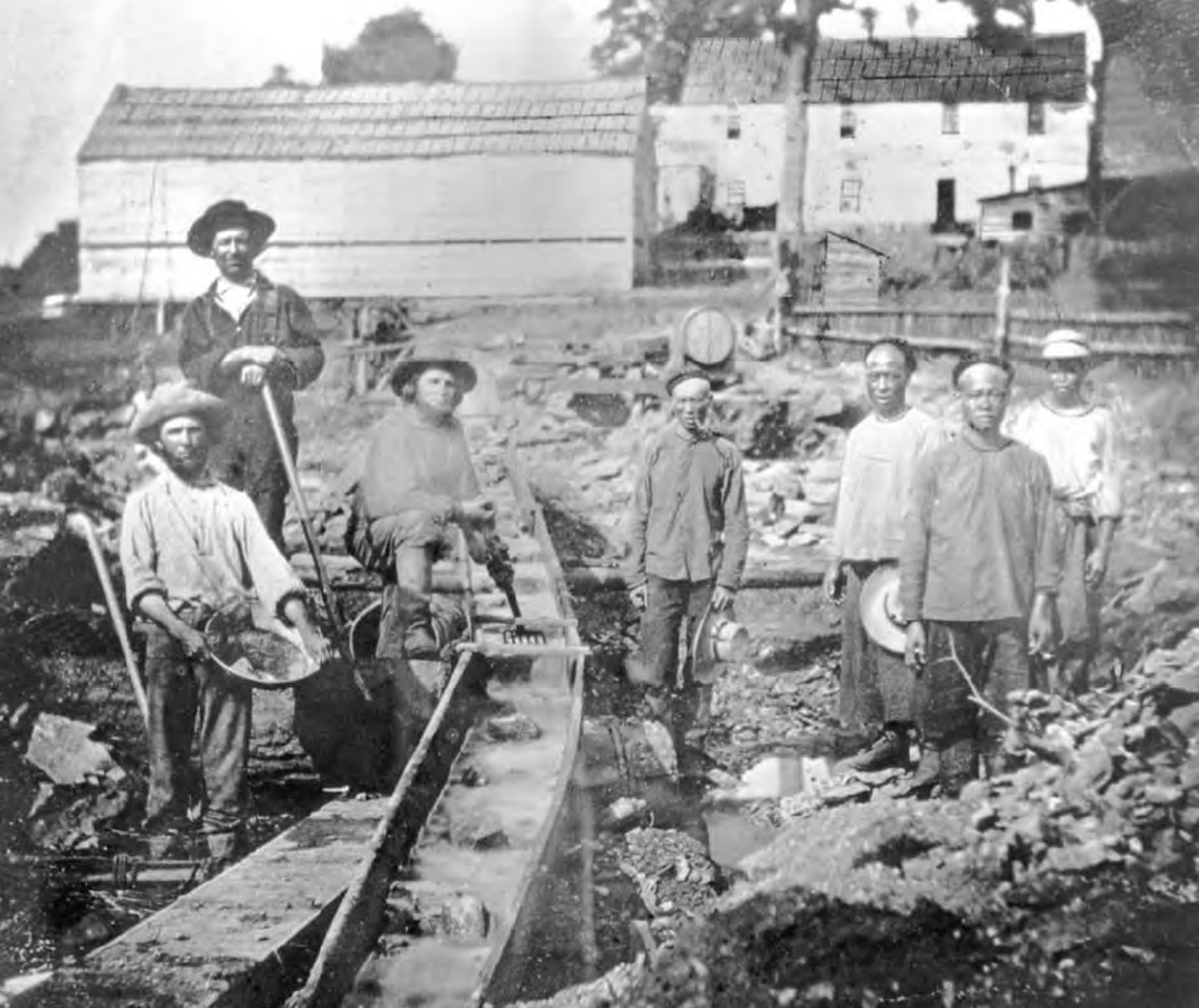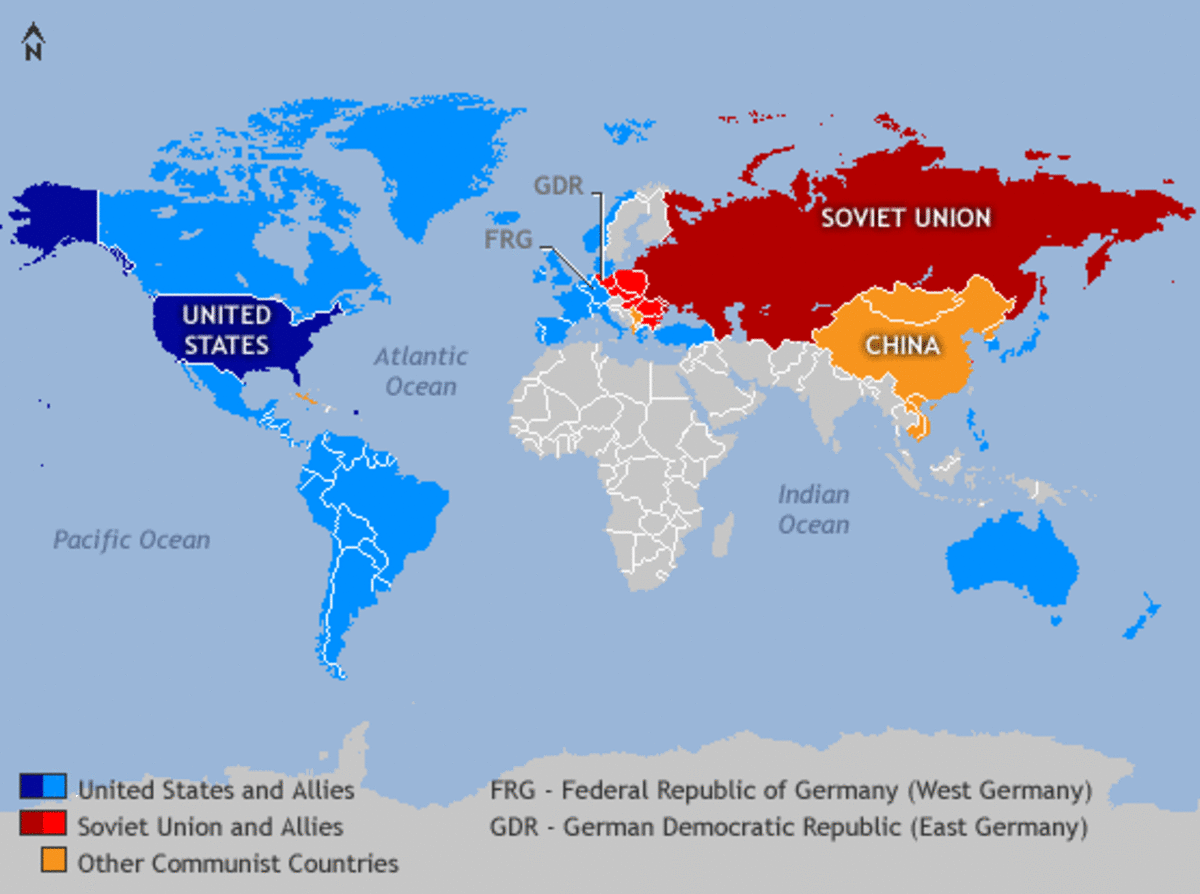The Kahana in China Part 5: Kaifeng
It has taken a while for me to get back into writing mode and for that I apologize to all my readers and followers. In part it was due to the toll this last trip into China took on me, especially in regards to the flame of the Kaifeng community which is almost extinguished. As many of you know, it was a major endeavour of mine to meet with the remnants of this once significant Jewish community and to exchange stories and anecdotes of our historic past intersects. Before I start, I would like to thank Tim Lerner for making this meeting possible by introducing me to several of the families still residing in Kaifeng after all this time. And though I came with a specific purpose to compare notes and find support for the stories that have been handed down to me regarding the Princess Ti-Ping and her son Mar Yanqa, I also came to see how the community fared in its entirity; how it was meeting the struggle of both assimilation and extinction. In the first matter, though they did not realize it, during our conversations they did provide me with four important snippets of information but in the latter matter, I fear that survival may be unrealistic unless we do something to encourge the continuation of our people's ancient presence in China, and transporting them to Israel I do not see as the solution.

Arrival In Kaifeng
Kaifeng is one of the more overlooked ancient imperial capitals of China. It held that honour on at least three separate occasions, usually when the Emperor and his family were fleeing from invading armies in Luoyang and/or Beijing. As such, the government has requested that the people of Kaifeng honour their imperial past and all their bike rickshaw drivers dress in the manner as seen in the photograph. Fearlessly, they pedal through the streets until they reach your destination, and for those of you that have ever experienced Chinese mortorists, then you can appreciate these rickshaw drivers must possess nerves of steel. I know we did, merely as passengers. Unlike the Muslim sectors of the city, there are no clear indications, sign posts, mosques, or crested buildings that give any indcation where the Kaifeng Jews might be living. For that reason, we agreed to meet with Wenhui and Mingxia at a central coffee house from where we would take a five minute cab ride to their residence and prayer house. Along the way we were informed that all that remained of the one time thousand Jewish Chinese families is a total of only seven. Seven families that still retained some knowledge of a Jewish heritage, but little connection to the Jewish world at large. When they held their festivals, there might be as many as 70 people attending, but a large proportion of these were distant relatives and friends that came more out of curiousity rather than faith.

The Rabbanite Solution
How to save this community is the real issue. Personally, my view is that you must instill a sense of purpose, a historical pride in being whom you are, and an understanding that it is okay to be distinct, individualistic, and an innovator in establishing one's own identity within Judaism. That has not been the manner in which the community has been handled, and that to me was the saddest part. I cannot fault the Rabbanite attitude. It has always been their thinking that one must be integrated into the mainstream in order to surive but what they fail to understand and appreciate is that in so doing you actually cause those isolated communities to become extinct. You deny them that individual character that they held on to for hundreds of years by altering their traditions, admonishing them for their differences. Currently, three young boys from the community are at the Hebrew University in Israel undertaking relgious studies and ultimately becoming rabbis. For what purpose? To bring orthodoxy and Talmud to a community that has not experienced either since its inception over a thousand years ago? Being able to maintain orthodoxy in China would be virtually impossible and as a Karaite, you know that I beleive Talmud has no place at all in creating either our sense of Jewishness nor our adherence to God. I can see only one purpose to this endeavour and that is to remove this community and transplant it in Israel and should that happen there will no longer be a trace of Jewish history in this ancient community. That would be very sad indeed!
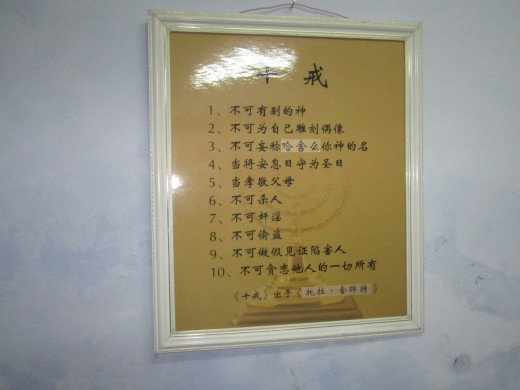
The Decalogue
The community prayer room is barren and bereft of any of our traditional trappings of either synagogue or temple. They proudly pointed out to me their copy of the Decalogue, the Ten Commandments that hung on the wall and written in Chinese. One of the community even demonstrated to me her ability to speak Hebrew when she recited 'Baruch Atah Adonai, Elohenu Melech Ha-Oylum" but when I tried to engage her further in Hebrew conversation she admitted those were the only words she knew. As for the others, none of them spoke any Hebrew at all. Resurrection of the common language is essential for the continuation of the Jewish identity. So as much as the money provided to send their three sons to Israel for an education, the introduction of Hebrew language books, tutors and translation of chumash into bilingual Hebrew/Chinese texts I would have seen as the priority. Providing historical origins, legends and even tales that were particular to these Chinese Jews and thereby enhancing their own sense of pride in whom they are and especially their ancestors not only serves to bind them into a community but it caters to the Chinese traditions of ancestor veneration. These are essential in order to create a viable community and ensure its continuance. But as I mentioned earlier, I don't think that is the goal of the rabbanite services and I cannot agree that aliyah is the best solution for the Kaifeng Jews.
The community wanted to show me one of the books that was gifted to them by the Hebrew University and as I awaited for them to retrieve it I wondered which one it possibly could be. It turned out that it was the Encyclopedia Judaica written in Chinese. A large book filled with pictures of Ashkenazi and Sephardic Jews, detailing every aspect of western Jewish civilization, filled with events and stories that have neither bearing nor connection with anything their ancestors may have experienced. If it was the intent of those providing the book to say, "This is who you are," then I can respond most emphatically, "NO, this is not whom they are." Attempting to indoctrinate them with a European identity after they have become essentially Chinese for over a thousand years will not do!
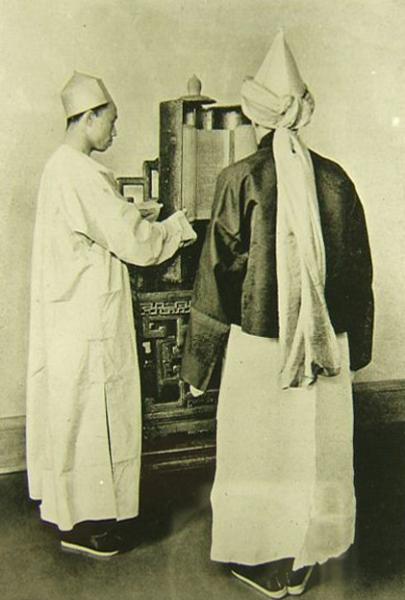
Proto-Karaism
As can be seen in this photo from the 19th century, not only did the Kaifeng Jews have their own sense of dress but they once had their own sacred texts. Sadly, imperialistic nations felt entitled to take these documents back to their own countries as items of novelty and curiousity without consideration of the community from whom they robbed of their heritage. From my understanding, these Torah scrolls written in Chinese, are on display in both the British Museum in London and the Museum in Ottawa. The only two Torah scrolls known to be written in Chinese. While a community wanes on the verge of extinction, these scrolls sit in display cases that probably very few people in the western world even gaze at. It is time to return these sacred items to the people from whom they were taken. It is time to restore to them the key ingredient of their survival. Sacred texts written in their own hand, by their own ancestors and by having these, providing the continuity, the historical life line that is essential for survival.
In my discussions with the remnant of the community it was obvious that they had no rabbincial origins which they could recall. No Talmud was ever present in their community even though now their three sons are being ingrained with the Talmud's teachings. No festival of Chanukah ever existed until recently. Membership in the community was through patrilineal descent, and therefore it was common to take wives from the general Chinese population and still have the children remain Jewish. So although the community may not have been per se Karaite, it still shared in common many of the fundamentals of Karaism and therefore I believe we, as Karaites must undertake the endeavour to ensure the community survives within China, and worships within the context of its original beliefs. Personally, I will make the effort to engage with them as much as possible as long as it is permitted.
I'll stop at this point to collect my thoughts and assemble them for my next article on the Kaifeng Jews. As I mentioned in the introduction, they did provide me with for key pieces of information that supported the stories I heard regarding Mar Zutra and his wife Ti-Ping. I'll reveal what these were in the next article. Until then, think long and hard about what we can do to ensure the survival of this rare and precious community.
Avrom Aryeh-Zuk Kahana
